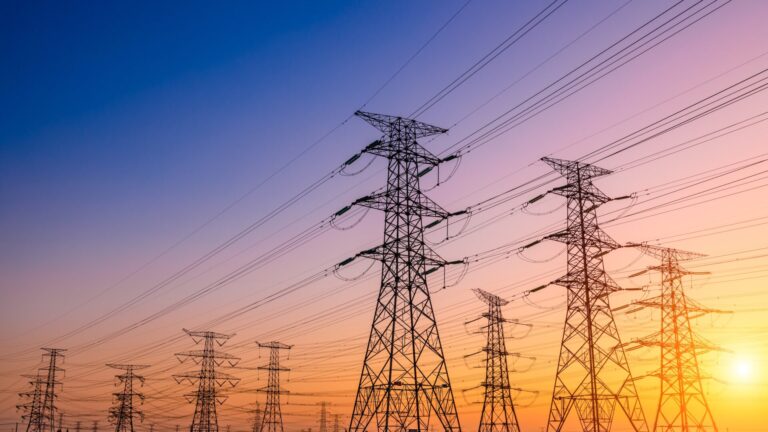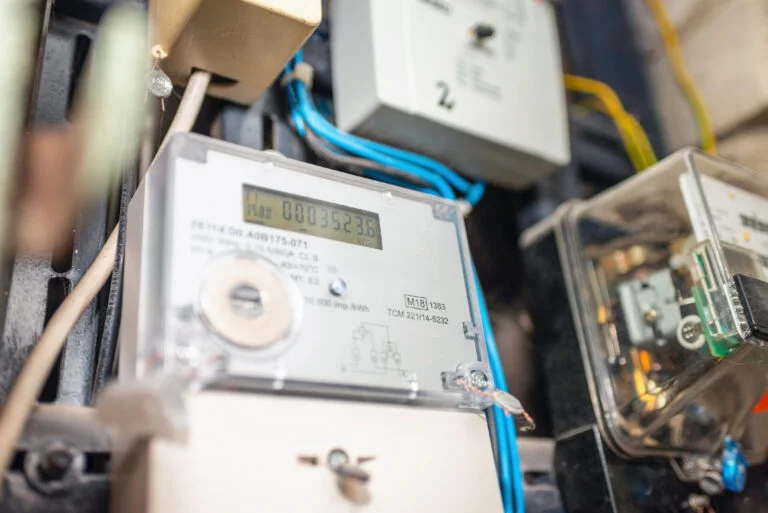A £12 billion framework has been awarded by the National Grid to deliver high-voltage direct current (HVDC) civil works across the UK. This announcement marks the completion of the third and final stage of a major investment programme that forms part of the £59 billion Great Grid Upgrade.
The funding will support the delivery of converter stations and onshore cable works, ensuring the UK’s electricity transmission network can meet the demands of an energy system that is becoming increasingly dependent on renewable sources.
Building the Grid of the Future
The framework is divided into two principal areas of work. The first, representing around £9 billion of investment, focuses on the construction of HVDC converter stations. These facilities are essential for connecting alternating current networks with HVDC links, enabling the efficient movement of electricity over long distances. The second area, worth approximately £3.7 billion, covers onshore HVDC cable civil works, including trenching and preparation for installation.
Contracts will initially run for five years, with the option of being extended by up to three additional years. This provides flexibility and stability, allowing for continuity across multiple stages of project development and delivery.

Supporting Strategic Energy Projects
Several strategic transmission projects will benefit from this investment. Among them is the Eastern Green Link 4, a subsea HVDC connection designed to carry renewable energy across the UK more effectively. The LionLink inter-connector will also receive support, enhancing energy security by linking UK networks with those of neighbouring countries.
In addition, preparations are being made for Eastern Green Link 3, which is expected to move into tendering soon and will share southern civil works with Link 4. These projects are critical for integrating renewable power generation and reducing reliance on fossil fuels.
Strengthening Domestic Capabilities
An important feature of the framework is its emphasis on strengthening domestic supply chain capacity. By investing in UK-based manufacturing and civil works, the programme seeks to reduce dependence on imports and foster economic development in regions hosting new facilities.
One of the most significant developments in this regard is the establishment of the first UK HVDC cable manufacturing facility in decades. This site, alongside further investment in subsea cable manufacturing in Scotland, is set to create hundreds of jobs and apprenticeships, building long-term skills and expertise within the energy sector.
Delivering Benefits for the Economy and Workforce
Beyond technical improvements to the grid, the framework is expected to provide a substantial boost to the economy. Tens of thousands of jobs are likely to be created across engineering, construction and manufacturing sectors.
This will not only support the delivery of energy infrastructure but also help to stimulate regional supply chains and open opportunities for new market entrants. Apprenticeships and training programmes are anticipated to play a central role, ensuring that the UK workforce is well-equipped to meet the challenges of a rapidly changing energy landscape.
Timing and Regulatory Context
The awarding of these contracts follows earlier stages of the same £59 billion programme and represents an important milestone in the phased rollout of the Great Grid Upgrade. It also aligns with regulatory measures designed to accelerate delivery. Recently, Ofgem approved a £4 billion package to allow early procurement of vital grid components.
This decision was intended to avoid potential supply chain bottlenecks, ensuring projects can progress at pace even if it results in a modest short-term impact on consumer bills. Together, these regulatory and investment measures are laying the groundwork for a more resilient and future-proof transmission system by 2030.
The awarding of £12 billion in HVDC civil works contracts is a pivotal moment for the UK’s electricity infrastructure. By supporting converter stations, subsea links and inter-connectors, the framework will make it possible to move renewable electricity more efficiently and securely across long distances. It strengthens domestic supply chains, creates employment opportunities, and supports wider national objectives for decarbonisation.
As the UK continues to expand offshore generation capacity and shift towards a low-carbon economy, HVDC technology will remain central to meeting demand and ensuring reliability. This latest announcement represents not only a significant financial investment but also a clear signal of intent to modernise the grid at the scale and pace required for the energy transition.






